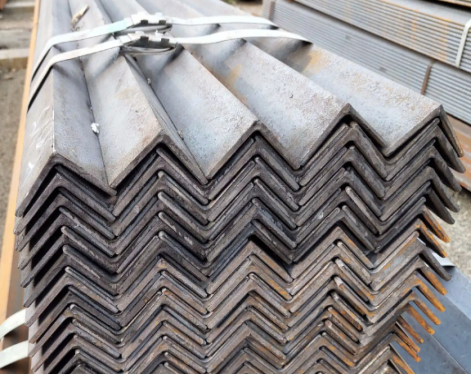Hot-rolled seamless pipe is an ultra-thin, strong, detailed and stable chromium-rich oxide film (protective film) formed on its surface to prevent oxygen atoms from re-wetting and re-oxidizing, thereby obtaining professional anti-corrosion ability. Once the plastic film is continuously damaged due to various reasons, the oxygen atoms in the steam or liquid will continue to penetrate or the iron atoms in the metal composite material will continue to precipitate, resulting in loose chemical substances, and the surface of the metal material will continue to rust. So do you know the cause of corrosion of hot-rolled seamless pipe?
Analysis of the causes of corrosion of hot-rolled seamless pipes:
The surface of the hot-rolled seamless pipe is deposited with dust containing other chemical molecules or attachments of organic metal composite particles. In the humid air, the condensate between the accessory and the stainless steel plate combines them into a miniature rechargeable battery, causing an electrochemical reaction and destroying the protective film. This is the principle of the so-called primary battery.
Organic juices (such as melons, vegetables, fried noodles, sputum, etc.) adhere to the surface of hot-rolled seamless steel pipes and form sodium citrate in the presence of ice oxygen. In the long term, sodium citrate will corrode the surface of metal materials.
Acid, alkali, and phosphate compounds are attached to the surface of the hot-rolled seamless pipe (such as edible soda ash and lime powder splashed on the wall of the room), causing local corrosion.
In air polluted by the air (such as gases containing a large amount of potassium thiocyanate, carbon oxide, and sulfur oxide), the condensed water will cause sulfuric acid spots, which will cause chemical corrosion of seamless pipes.
Analysis of the causes of corrosion of hot-rolled seamless pipes:
The surface of the hot-rolled seamless pipe is deposited with dust containing other chemical molecules or attachments of organic metal composite particles. In the humid air, the condensate between the accessory and the stainless steel plate combines them into a miniature rechargeable battery, causing an electrochemical reaction and destroying the protective film. This is the principle of the so-called primary battery.
Organic juices (such as melons, vegetables, fried noodles, sputum, etc.) adhere to the surface of hot-rolled seamless steel pipes and form sodium citrate in the presence of ice oxygen. In the long term, sodium citrate will corrode the surface of metal materials.
Acid, alkali, and phosphate compounds are attached to the surface of the hot-rolled seamless pipe (such as edible soda ash and lime powder splashed on the wall of the room), causing local corrosion.
In air polluted by the air (such as gases containing a large amount of potassium thiocyanate, carbon oxide, and sulfur oxide), the condensed water will cause sulfuric acid spots, which will cause chemical corrosion of seamless pipes.









